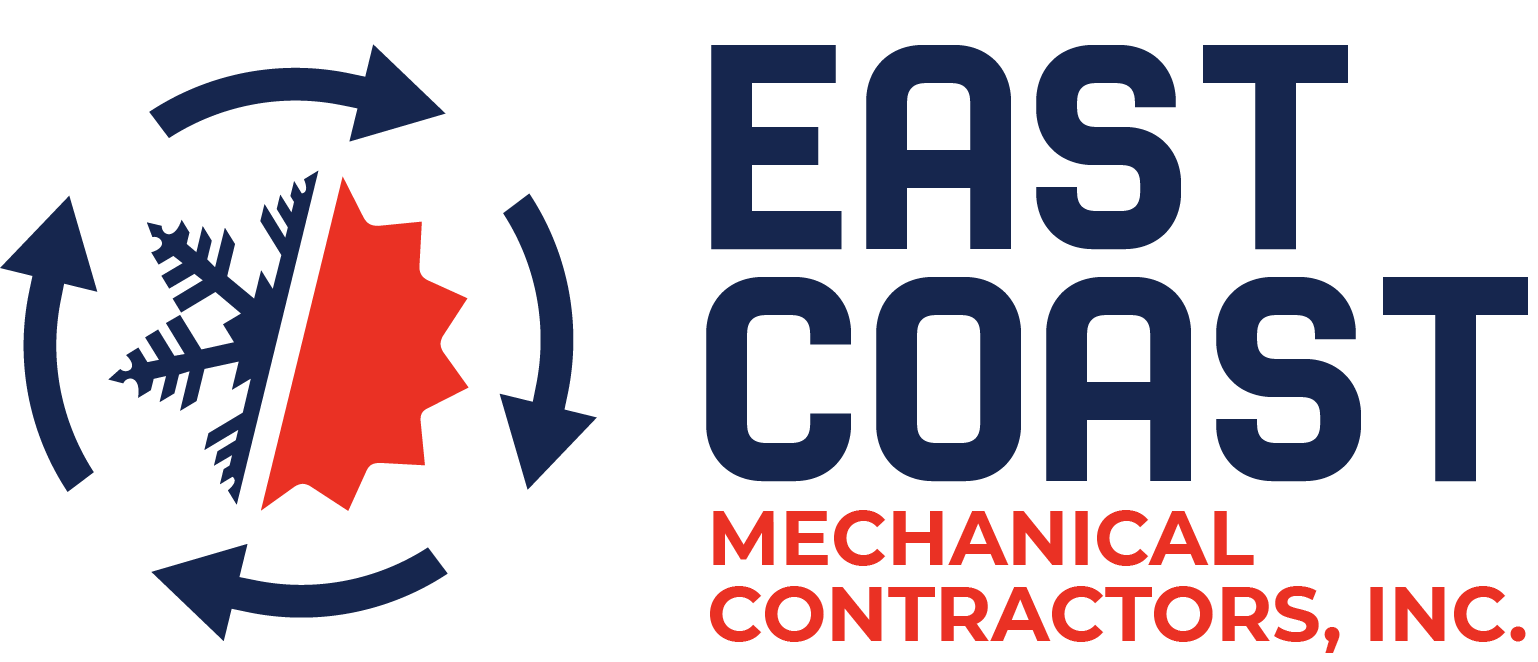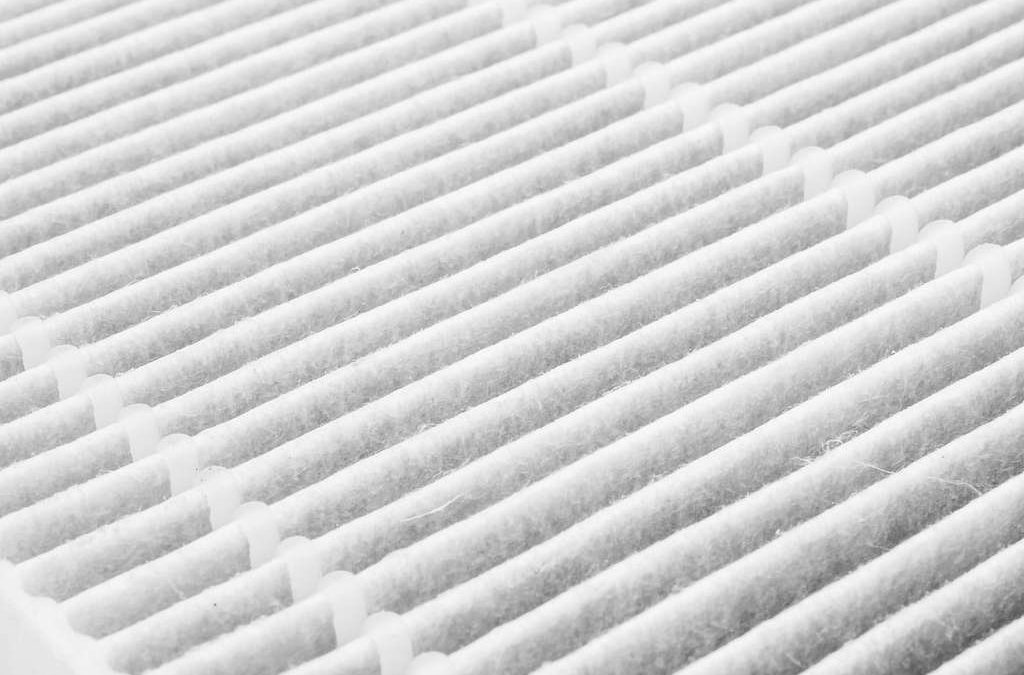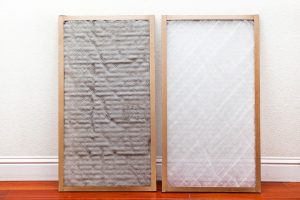Your HVAC (Heating, Ventilation, and Air Conditioning) system is an essential component of your home or office, ensuring year-round comfort by regulating temperature and air quality. However, like any mechanical system, it requires regular maintenance to operate efficiently. One of the simplest yet most important tasks for maintaining your HVAC system is to regularly replace or clean its dirty air filters. Air filters play a crucial role in trapping dust, dirt, pollen, and other airborne particles, preventing them from circulating through your living space.
But what happens when these filters become clogged and dirty? The consequences go far beyond a less efficient HVAC system. Not only can dirty filters cause your system to work harder, leading to higher energy bills and a shortened lifespan, but they can also affect your health in ways that you may not immediately realize. From exacerbating allergies and asthma to promoting the growth of harmful mold, neglected dirty air filters can be a silent cause of a variety of health issues.
In this blog post, we’ll explore the profound impact that dirty air filters can have on both your HVAC system’s performance and your health. We’ll also share practical tips on how to maintain your filters, so your HVAC system continues to run efficiently, and you and your family stay safe from the adverse effects of poor indoor air quality.
What are HVAC Air Filters and Why Are They Important?
HVAC air filters are an integral component of your system. They are responsible for trapping dust, dirt, and other airborne particles, preventing them from circulating through your home or office. By doing so, they ensure that the air you breathe is cleaner and healthier. But, like any other component, they require regular maintenance to function optimally. When an air filter becomes clogged with dirt, debris, or allergens, it not only reduces the efficiency of your HVAC system but can also contribute to a variety of health problems.
How Dirty Air Filters Affect Your HVAC System
1. Reduced Airflow
One of the most immediate effects of dirty air filters is restricted airflow. As air filters become clogged, the air passing through them is restricted, making it more difficult for your HVAC system to heat or cool your space. The reduced airflow causes your system to work harder to maintain the desired temperature, which can lead to overheating and eventual system failure.
2. Increased Energy Consumption
When your HVAC system has to work harder to push air through a dirty filter, it consumes more energy. This results in higher utility bills, especially during peak heating and cooling seasons. In fact, dirty air filters can reduce the efficiency of your HVAC system by up to 15%. Therefore, keeping your filters clean is a simple and cost-effective way to lower energy consumption and save money.
3. Higher Risk of System Damage
Over time, a clogged filter causes strain on your HVAC system’s components. The extra load on the blower motor, compressor, and coils can lead to expensive repairs or even the need for system replacement. Regularly replacing or cleaning your air filters can prevent unnecessary wear and tear, extending the lifespan of your HVAC unit.
4. Increased Risk of Overheating
Dirty filters can cause your HVAC system to overheat. Without proper airflow, the system struggles to cool or heat your home, which can lead to the overheating of crucial components like the motor or compressor. Over time, this can result in permanent damage to your HVAC unit.
The Health Risks of Dirty Air Filters
While dirty filters can negatively impact your HVAC system, they also pose a serious threat to your health. The air filters in your HVAC system are designed to capture harmful particles such as dust, pollen, pet dander, mold spores, and bacteria. When these filters become dirty, they fail to filter out these pollutants effectively, which can lead to a variety of health issues.
1. Allergy and Asthma Symptoms
For individuals who suffer from allergies or asthma, dirty air filters can exacerbate symptoms. Pollutants and allergens that would normally be trapped by the filter are allowed to circulate throughout the air. This can lead to increased respiratory problems, including sneezing, coughing, wheezing, and shortness of breath.
2. Aggravation of Respiratory Illnesses
Airborne pollutants can also aggravate existing respiratory illnesses such as bronchitis, pneumonia, or sinusitis. If you already suffer from a respiratory condition, the dirty air circulating through your HVAC system can worsen your symptoms, making it harder to recover from illnesses or infections.
3. Mold Growth
Mold thrives in damp, warm environments, which is exactly what your HVAC system can become if it is not properly maintained. A clogged filter prevents the HVAC system from circulating air efficiently, causing moisture to accumulate in the system. This can create an ideal environment for mold to grow, potentially leading to serious health problems, including respiratory infections and allergic reactions.
4. General Discomfort and Fatigue
Dirty air can also contribute to a general sense of discomfort and fatigue. Pollutants in the air can cause headaches, dizziness, dry skin, and even eye irritation. Additionally, poor air quality can lead to trouble sleeping, which can affect your overall well-being.
Signs That Your Air Filters Need to Be Replaced
Recognizing when it’s time to replace your HVAC filters is essential for maintaining both system efficiency and air quality. Here are some signs that your filters may need attention:
- Increased energy bills: If you notice a spike in your energy costs, it may be due to dirty air filters causing your HVAC system to work harder.
- Reduced airflow: If you feel that your system isn’t cooling or heating as effectively as it used to, it could be a sign of restricted airflow caused by a clogged filter.
- Dust buildup: If you notice dust accumulating more quickly in your home, it could be because the air filter isn’t doing its job of capturing dust and dirt particles.
- Unusual odors: Dirty filters can lead to unpleasant odors in your home. If you notice musty or stale smells, it may be time to check your air filter.
- Increase in allergies: If your allergies seem to worsen or if anyone in your household starts showing signs of respiratory distress, dirty filters may be the cause.
How to Maintain Clean Air Filters
Regular maintenance is key to ensuring that your HVAC system operates efficiently and your indoor air quality stays at optimal levels. Here are some steps you can take to keep your filters clean and your system running smoothly:
1. Change Your Filters Regularly
The most effective way to maintain your air filters is to change them regularly. Most filters need to be replaced every 1-3 months, but this can vary depending on the type of filter and how often your system is used. If you have pets or live in a dusty area, you may need to replace your filters more frequently.
2. Clean or Wash Reusable Filters
If you use reusable filters, be sure to clean them according to the manufacturer’s instructions. Typically, reusable filters should be cleaned every 1-2 months to ensure they continue to function properly. Make sure to allow the filters to dry completely before reinstalling them.
3. Check the Filter Size and Type
When replacing your air filter, ensure that you are using the correct size and type for your HVAC system. Using the wrong size filter can cause gaps that allow dirt and debris to bypass the filter and enter your system.
4. Schedule Regular HVAC Maintenance
In addition to changing or cleaning your air filters, it’s a good idea to schedule regular HVAC maintenance with a professional technician. An HVAC expert can inspect the system, clean the coils and ducts, and ensure that everything is running smoothly.
Contact East Coast Mechanicals
Dirty air filters can have a significant impact on both your HVAC system and your health. From increased energy consumption and system damage to respiratory issues and allergies, neglecting filter maintenance can lead to costly repairs and health risks. By replacing or cleaning your filters regularly and scheduling professional maintenance, you can ensure that your HVAC system runs efficiently and your indoor air quality remains clean and healthy.
Contact Details:
If you haven’t checked or changed your air filters recently, don’t wait any longer! Contact East Coast Mechanical today to schedule a maintenance service and ensure that your HVAC system is operating at its best. Our experts can help improve your system’s efficiency and your indoor air quality.
Website: East Coast Mechanical
Phone: 732-751-8877
Email: ecmcecmc@aol.com
Location: 5133 W Hurley Pond Rd # A, Wall Township, NJ 07727




